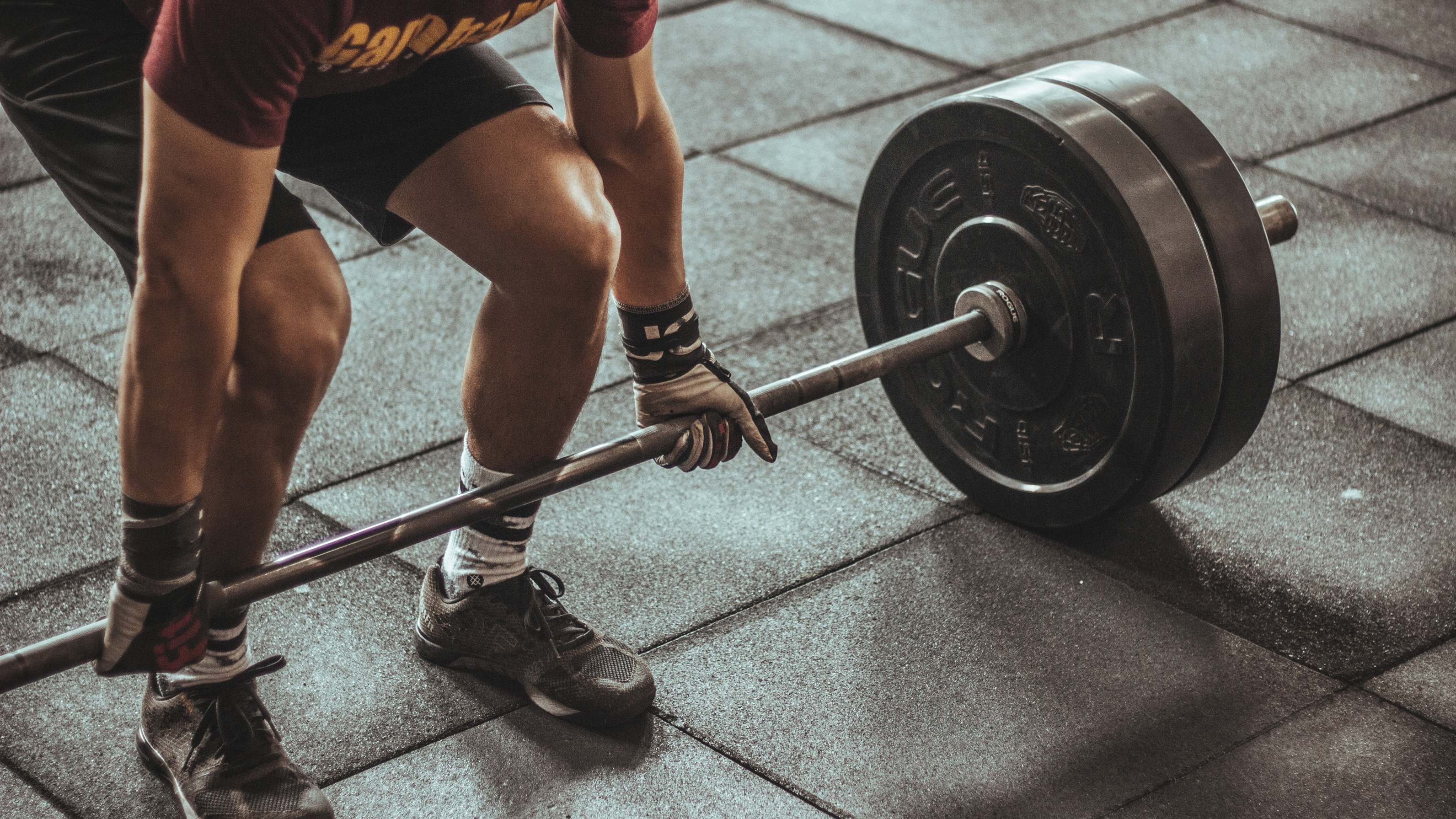Five easy ways to curb harmful inflammation in your body today
Inflammation can create all kind of issues in the body, from joint pain to life-threatening problems. Here's how to stop it


Inflammation is a natural function of our bodies. Whenever we injure ourselves, or get ill, and part of our body swells and turns red, that's acute inflammation - a sign our bodies are having a natural reaction and our immune system is working to fight off the virus or protect a wound.
Chronic inflammation, however, is very different. Often caused by an unhealthy lifestyle, chronic inflammation is what happens when parts of our body, even our internal organs, are inflamed too often. This causes any number of issues, such as joint pain and arthritis, and potentially even cancer: a study in the journal Nature found "inflammation is a critical component of tumour progression", allowing cancerous growths to flourish in the body.
Nasty, right? If you want to curtail chronic inflammation's effects on the body, here's three simple ways you can go about it:
1. Quit drinking
We're often told that a glass of wine a day is good for our heart, or drinkers are expected to live longer than non-drinkers. But the reality is that alcohol use (especially heavy alcohol drinkers) is correlated with increased inflammation in the gut.
A study conducted by the Rush University Medical Center, Chicago, looked at the effect of alcohol on gut inflammation, and it wasn't good news. The research found "alcohol and its metabolites promote intestinal inflammation through multiple pathways. That inflammatory response, in turn, exacerbates alcohol-induced organ damage, creating a vicious cycle". Essentially, the more you drink, the more harmful inflammation builds up in your organs, causing them damage.
One of the best ways you can start to reduce inflammation in the body, especially if you're a heavy drinker, is to cut back or quit. Not only will you look and feel better (especially your skin) but your internal organs will thank you.
2. Eat more fatty acids
Olive oil, oily fish, leafy greens, ripe cherry tomatoes... although this might sound like the menu in a Mediterranean seaside cafe, this is actually a list of things that will combat inflammation.
Start your week with achievable workout ideas, health tips and wellbeing advice in your inbox.
The key is in the long-chain fatty-acids, such as omega-3, found in these foods. One study from the University of Southampton found marine n-3 PUFA, or fish oil, can benefit inflammatory conditions such as arthritis, which is why cod liver oil tablets are well known to help your joints. Fish oil might also reduce your risk of getting heart disease.
Oily fish like salmon and mackerel, lean cuts of meat like steak, tomatoes, kale, spinach, nuts and high-fibre foods can all reduce inflammation risk. You can also benefit from the best fish oil supplements as well as the best supplements for joints, which contain a number of other anti-inflammatories.
3. Drink more water
Chances are, you're not drinking enough water, even though it's one of the simplest things we can do to better our health. Around two litres of water a day, and up to three litres for men, is needed to properly keep yourself hydrated. As well as providing bags of benefits to your skin, hair, kidneys and gut health, it's been found drinking lots of water can help curb inflammation.
A study published in the medical journal PLOS One found that elevated dehydration and sodium levels were associated with cellular inflammation, which is in turn linked with cardiovascular disease. The study found that "adequate water intake" as well as limiting the amount of salt you consume will help keep this inflammation at arm's length.

4. Do resistance training
Chronic inflammation can actually cause your muscle to waste, according to researchers at Duke University. However, the researchers also found that exercising your muscles can reverse this process, and combat chronic inflammation.
The scientists took lab-grown human muscles, induced inflammation with gamma rays, then exercised it, causing it to beat back the inflammation process. Working out also reduces the production of cortisol (the body's stress hormone) which is a known inflammatory. It also, obviously, reduces the body's fat mass, and obesity is one of the biggest contributors to inflammation there is.
Resistance training not only exercises your muscles, but fights against muscle wastage, undoing one of inflammation's most harmful effects. Add a few push-ups, sit-ups and exercises with the best adjustable dumbbells to your routine in order to keep inflammation at bay.
5. Meditate
Whether you like using apps like Calm and Headspace or you're a simple silence-on-the-cushion sort of mindfulness person, or even if you've never meditated at all – just a few minutes a day can help reduce the risks of adverse health problems associated with meditation.
Research published and aggregated by the Institution of Functional Medicine indicated that "mindfulness training may impact measurable brain circuits that produce inflammatory health benefits and may lower interleuken-6 (IL-6), a biomarker of inflammation".
Meditation is easy, free and simple to learn, and you can gain benefits from as little as two minutes of practice. Our guide on how to meditate can walk you through your first session.
Matt Evans is an experienced health and fitness journalist and is currently Fitness and Wellbeing Editor at TechRadar, covering all things exercise and nutrition on Fit&Well's tech-focused sister site. Matt originally discovered exercise through martial arts: he holds a black belt in Karate and remains a keen runner, gym-goer, and infrequent yogi. His top fitness tip? Stretch.
